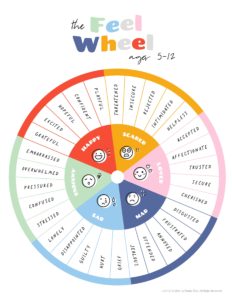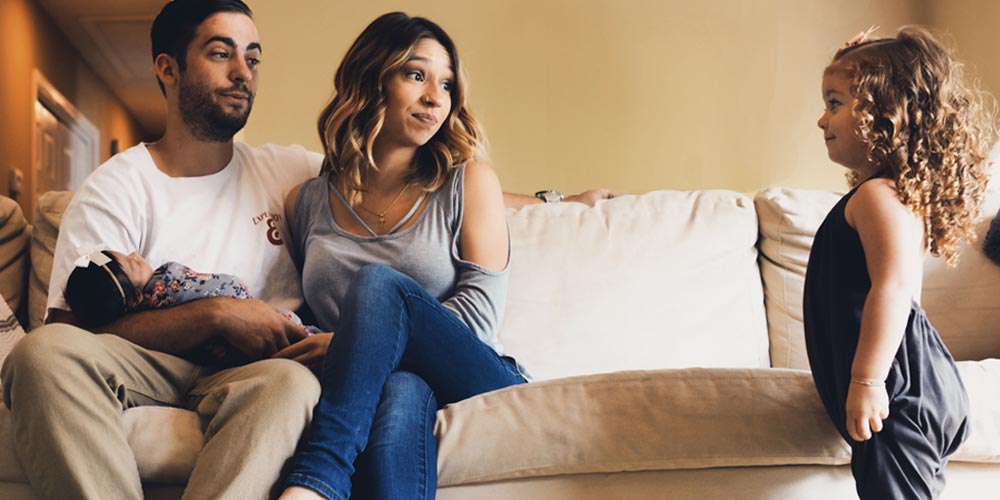“If you hit your brother with your doll again, I’m taking it away.” My daughter looked at me, smiled, and smacked my son with her doll. When I took it away, she shrugged and responded, “That’s fine. I didn’t want that doll anyway.” Then she promptly left the room to look for another toy, probably so she could hit her brother with that one instead. What do you do when your kid doesn’t care when you punish her? Seeing my daughter’s snarky response, I knew what I was doing wasn’t working.
Since that incident, handling my daughter’s bad behavior has become less about punishing her and more about something else. She didn’t seem to be learning anything from her punishments, so I decided to focus on teaching her through them instead. I didn’t think it would work at first, but I’m happy to report that she doesn’t hit her brother with dolls anymore. If your current punishments aren’t working very well, try these 5 discipline techniques that teach more than punish.
1. Showing Them What’s Right
When my son was little and he refused to do what I asked, I would get down beside him, take his hands, and physically guide his body to do what I wanted. If I wanted him to pick up toys, I handed them to him and physically led him to the correct bin. If I wanted him to wipe up spilled water, I handed him a rag and physically guided his hand to clean up the mess. Now that he’s older, instead of doing the correct behavior with him, I’ll do it alongside him, but the point’s still the same—he only learns what to do if I teach him.
2. Sit-Downs Instead of Time-Outs
I loved time-outs as a kid. I’d go up to my room, which I shared with my little sister, and I’d play with all her toys until it was time to come out. Clearly, it wasn’t the most effective of discipline techniques. In our house now, if my kid needs a time-out, we sit down to cool off (either together on the couch or separately in his bedroom, depending on the child), and then we talk about what went wrong, why it was wrong, and how we can make things better. Disciplining children is about molding their hearts and minds, and as a result, it prevents bad behavior from happening again in the future.
Disciplining children is about molding their hearts and minds, and as a result, it prevents bad behavior from happening again in the future. Click To Tweet3. Giving Them Expectations
I am a big fan of if/then statements. For example, if you do your homework, then we’ll go to the playground, or if you finish your dinner, then you can have dessert. If/then statements put the ball squarely in the kids’ courts. They have the power to act. But they’ll also reap what they sow. They know precisely what they need to do to get what they want and what will happen if they don’t do it. This is a great way to teach kids in a controlled environment that their actions have consequences.
4. Helping Them See the Other Person’s Perspective
Small children are naturally self-centered. They can’t see things from another person’s perspective. When my daughter hit her brother with her doll, she thought it was funny. When I encouraged her to consider how she’d feel if she were hit, she sobered up. It might be funny to hit another person, but she didn’t like the idea of getting hit herself. By asking our kids to picture themselves as the “victim,” we teach them the value of treating others the way we’d want to be treated.
5. Letter Writing or Drawing Pictures 
Most kids don’t misbehave because they like hurting people. They misbehave because they feel lonely, are frustrated, or need a snack or nap (or both). Writing letters or drawing pictures for the people they’ve hurt allows them to figure out what they feel and why they feel that way. As your child is writing or drawing, you can also use iMom’s “Feel Wheel” to help your child identify his or her feelings. Plus, if you actually decide to mail the letter, a written apology can be a great way to make amends.
What discipline techniques do your children seem to respond to best? Which ones do you think need to change?











